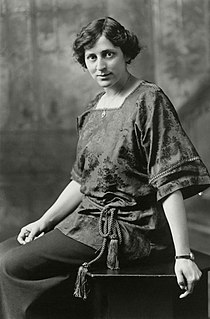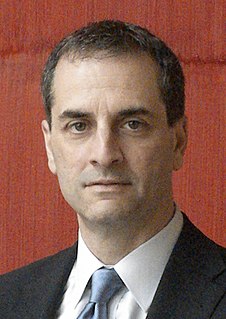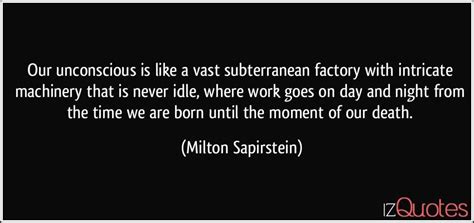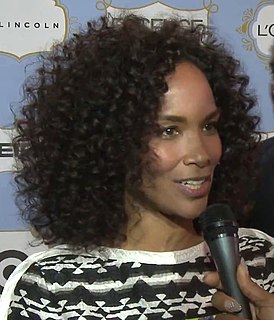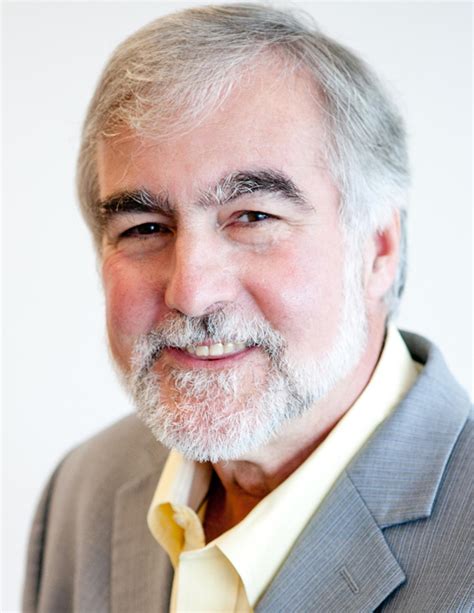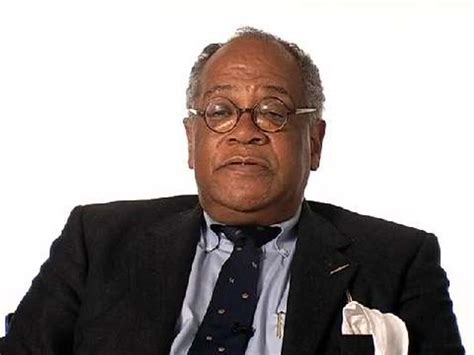A Quote by Paul Johnson
Human beings are infinitely worth studying, especially the peculiarities that often go along with outstanding gifts.
Quote Topics
Related Quotes
What is the problem of women's freedom? It seems to me to be this: how to arrange the world so that women can be human beings, with a chance to exercise their infinitely varied gifts in infinitely varied ways, instead of being destined by the accident of their sex to one field of activity--housework and child-raising. And second, if and when they choose housework and child-raising to have that occupation recognized by the world as work, requiring a definite economic reward and not merely entitling the performer to be dependent on some man.
Peace or harmony between the sexes and individuals does not necessarily depend on a superficial equalization of human beings; nor does it call for the elimination of individual traits and peculiarities. The problem that confronts us today, and which the nearest future is to solve, is how to be one's self and yet in oneness with others, to feel deeply with all human beings and still retain one's own characteristic qualities.
History leaves no doubt that among of the most regrettable crimes committed by human beings have been committed by those human beings who thought of themselves as civilized. What, we must ask, does our civilization possess that is worth defending? One thing worth defending, I suggest, is the imperative to imagine the lives of beings who are not ourselves and are not like ourselves: animals, plants, gods, spirits, people of other countries, other races, people of the other sex, places and enemies.
The question should not be 'What would Jesus do?' but rather, more dangerously, 'What would Jesus have me do?' The onus is not on Jesus but on us, for Jesus did not come to ask semidivine human beings to do impossible things. He came to ask human beings to live up to their full humanity; he wants us to live in the full implication of our human gifts, and that is far more demanding.


